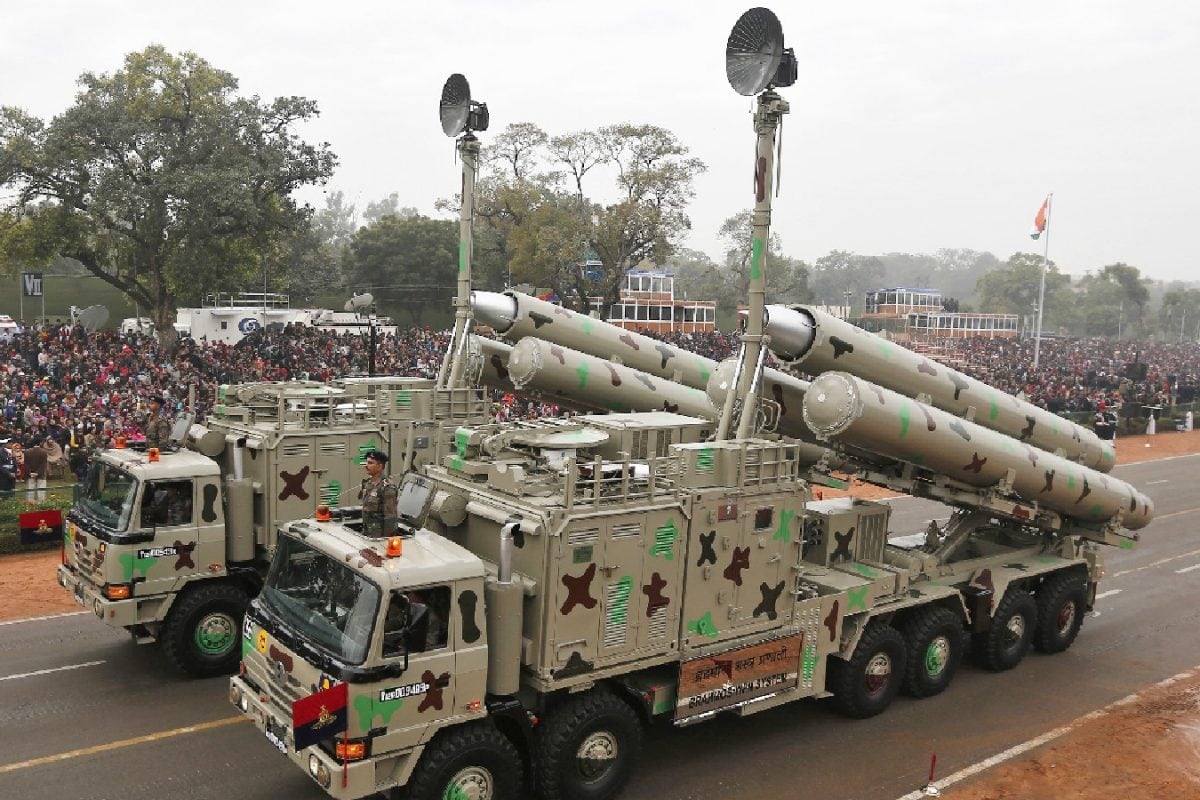

A top Pakistani politician has revealed the incredibly narrow window of time his country's military had to assess the threat posed by a BrahMos cruise missile fired by India during Operation Sindoor. Rana Sanaullah, an advisor to Pakistan's Prime Minister Shehbaz Sharif, stated that Pakistan's military had a mere 30 to 45 seconds to determine if the incoming missile was carrying a nuclear warhead. He highlighted the immense risk of nuclear war that loomed over the conflict between India and Pakistan, which ignited after Pakistan-linked terrorists killed 26 tourists in Jammu and Kashmir's Pahalgam.
Sanaullah recounted the tense moments when India fired a BrahMos missile at the Nur Khan airbase, emphasizing the incredibly short timeframe available for analysis. Nur Khan is a major airbase of the Pakistan Air Force (PAF) located in Rawalpindi's Chaklala. The advisor stated that making a decision about the warhead in such a short time constituted a dangerous situation. He acknowledged that while Pakistan did not use a nuclear warhead, the situation could have been easily misinterpreted, potentially leading to the launch of a first nuclear weapon and sparking a global nuclear war.
Operation Sindoor was launched by the Indian Armed Forces in retaliation for the April 2025 Pahalgam terrorist attack, which killed 26 civilians. The operation involved coordinated precision strikes targeting nine sites in Pakistan and Pakistan-occupied Jammu and Kashmir (PoJK) linked to anti-India terrorist groups like Lashkar-e-Taiba (LeT), Jaish-e-Mohammed (JeM), and Hizbul Mujahideen. India has stated that the operation was intended to preempt and deter cross-border terrorism.
India used stand-off weapons, including SCALP missiles, HAMMER, and SkyStriker suicide drones, launched from fighter jets within Indian territory. The Indian Air Force (IAF) fighter jets took off under the guise of a training exercise. According to reports, India's strikes during Operation Sindoor destroyed multiple camps of terror groups and killed over 100 terrorists. Casualties included Jaish-e-Mohammed (JeM) leader Abdul Rauf Azhar and reportedly 10 family members of JeM chief Masood Azhar.
The strikes by India also hit multiple Pakistani air bases, causing damage to runways, hangars, and buildings in Sargodha, Nur Khan (Chaklala), Bholari, Jacobabad, Sukkur, and Rahim Yar Khan. Pakistan Prime Minister Shehbaz Sharif admitted that the Indian attack destroyed the Nur Khan Airbase and other targets, thwarting planned offensives.
After four days of cross-border strikes, India and Pakistan reached a ceasefire agreement to halt military actions with immediate effect. India has maintained that Operation Sindoor was a "focused, measured, and non-escalatory" response, deliberately avoiding targeting Pakistani military installations to minimize the risk of further escalation.